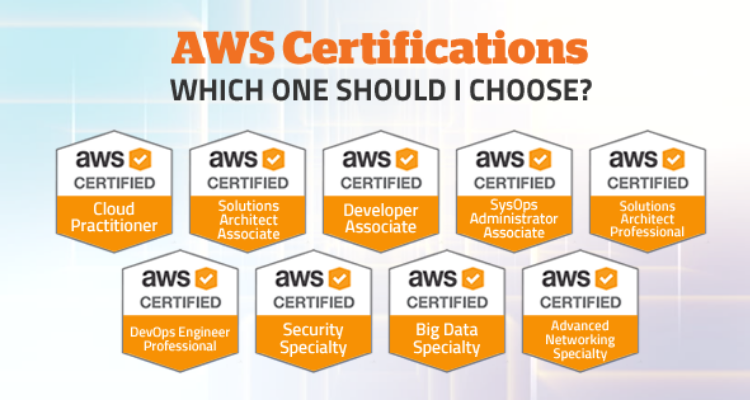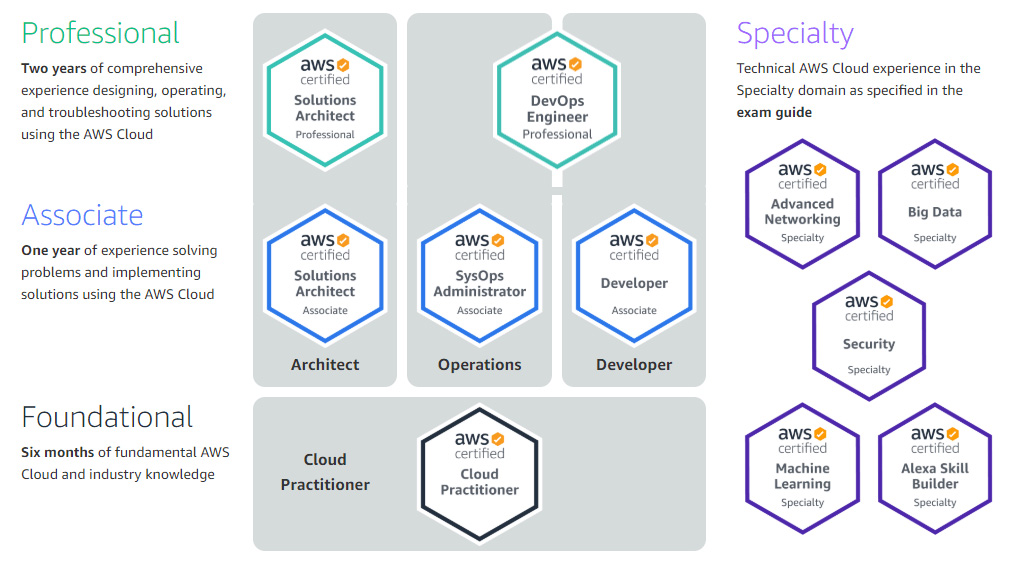
The Best Way to Prevent Phone Hacking and Protect Your Cell Phone
Smart phone has come to define us, being the portal to our online identity. As such, we should be mindful of what we do with our phone and protect it from being misused (hacking) or stolen (losing).It is possible to lose more than just your contacts and phone numbers if you are not careful. We’re talking about your social media accounts, your synchronized files, important documents, your emails, photos, and messages.
If you are not careful enough, your whole information can be traced and downloaded and may be shared across the Web without your consent.
While we’d like people not to mess with other people’s data, there’s no escaping the fact that this is a virtual world where thieves and hackers hide behind anonymity and are hard to track. Data protection is the responsibility of the individual. Here are some tips and tricks to assist you in that endeavor.
1. Do not save all your passwords
Many people save their passwords to online services and websites on their devices, never considering what it could mean to someone who got their hands on it. Do not save any important passwords on your device, particularly when it comes to banking or payment apps.
2. Use Android build-in security
You can also utilize screen locks and encryption if you are running on a Jelly Bean-based phone. You can choose between a variety of screen locks in your Android settings, including passwords, pins, patterns, and even face recognition. Try not to make your password easy to guess even when you use pins or pattern locks.
3. Lock your apps
It is important to lock your apps, especially those that contain private information that nobody else should see. This adds a second layer of protection against anyone attempting to use your lost device, particularly if they have bypassed your locked Android.
This can be accomplished with apps like App Lock, which are free. There is no point in locking every single app on your device, just the ones that collect a lot of data, such as your email applications or file managers.
If possible, avoid using a pattern or pin lock that can be traced by smudges on the screen (Yes, they can be traced).
4. Know the importance of app permissions
You will see a list of permissions required before you begin installing an app from Google Play. To function, apps need permissions, but not all of them are necessary.
It is always a good idea to read through the permissions to ensure they make sense and are aligned with the app’s function, for example, an alarm app doesn’t need permission to view your text messages. The Play Store does not have all safe apps, so this is a very important step.
Read the comments as well as the rating of the app you intend to download while you’re at it. In this way, you can get a better idea of what the app does without trying it out first.
5. Secure your network
Keeping your network secure is one of the most important things you can do to protect your Android. Do your online banking on a private computer whenever possible and avoid using a public WiFi network. They can easily see your private data if you share your network with the public, i.e., your passwords, as long as you share the same network with them.
6. Use mobile security apps
The fact that an app will handle most of the security issues you face will make your life easier. Find a best mobile security app that you are comfortable using, Even with a security app, you shouldn’t let your guard down as Android malware is getting stronger and more rampant, which brings us to the next tip.
7. Create multiple user accounts to protect privacy
You can protect your privacy if you own an Android tablet and need to share it with your sibling, your spouse, or your children by setting up multiple user accounts. In Android tablet, there is an option for you to create multiple user accounts. You can create another general account for anyone who wants to use your device. The option is under the Settings > Users section.
8. Prepare a backup of your data
In the day and age of smartphones, it’s essential to back up your important data. Imagine your Android device has been stolen or hacked in the worst case scenario. As a last resort, you can perform a remote wipe (see #10). The information contained in your device will be lost unless you have a backup.
You may be able to recover your stolen phone, but hackers will probably render it useless once they have gained access. However, if you have a backup, you may still be able to restore your Android device back to its original state. For insurance purposes, your important data can be backed up in the cloud, on your desktop or even on a flash drive.
9. Track your lost device(s)
You have a backup already, but you really need your lost device back. Well, thanks to the smartphone industry, your phone is built to be trackable via GPS. For GPS to work, your phone must have a GPS enabled. You don’t have to worry because there are plenty of Android devices-tracking apps that can help you locate your lost or stolen device, some of them can even turn on the GPS on your phone remotely.
10. Enable remote wipe
You are now at the point where everything is installed and ready to go. However, one last feature is still needed – the capability to remotely wipe your device. It is necessary, especially if you are certain your Android has been lost (forever). Now, we can only prevent them from turning it into cheese, rather than crying over spilt milk.







Recent Comments